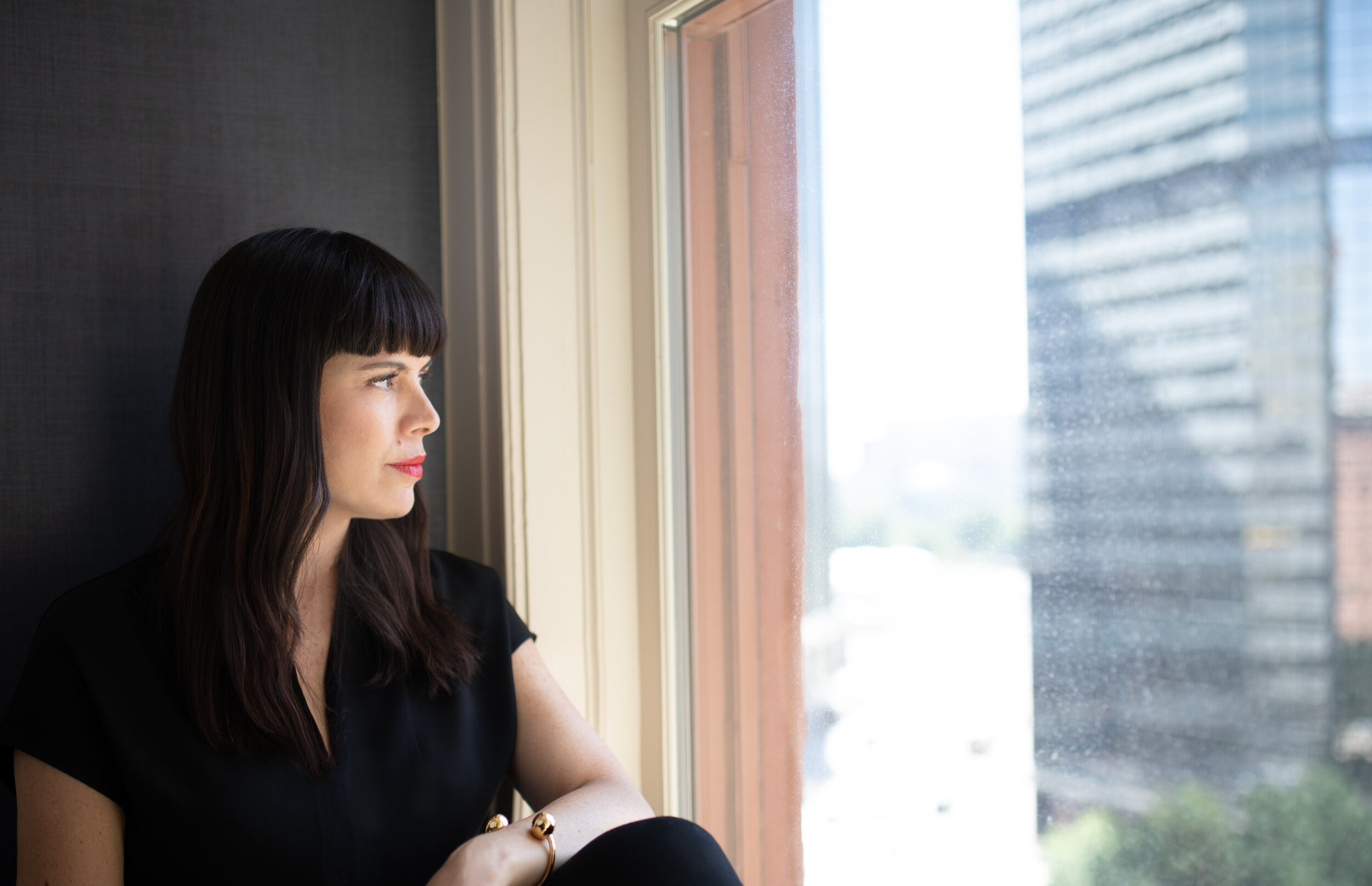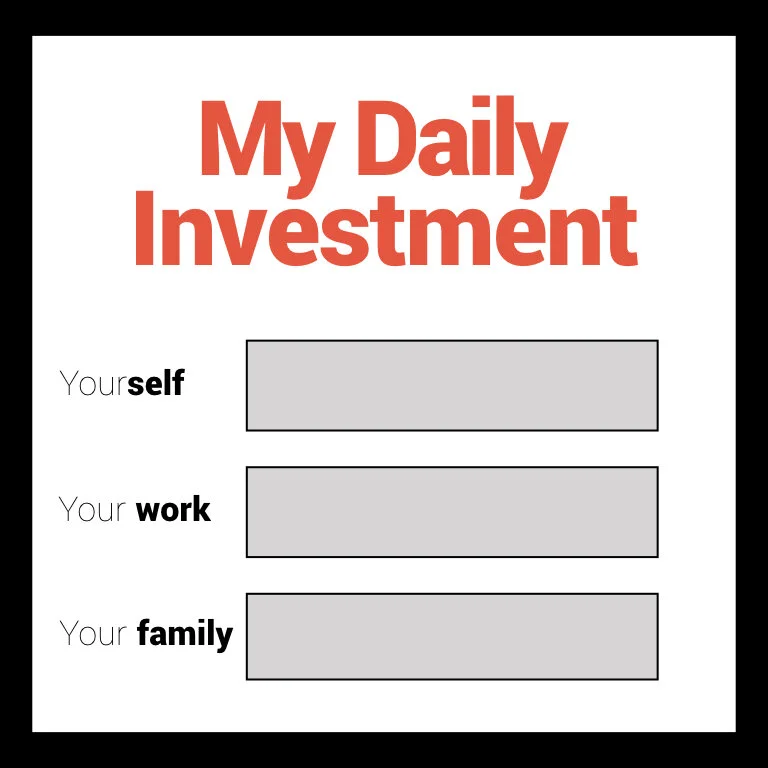Setting your Roadmap for Resilience and Success in a Crisis
The Future Belongs to those who Invest in Themselves (over and over again)
When we look at how the world is changing daily with the spread of the Coronavirus, there’s the undeniable conclusion: this pandemic is a catalyst for significant systemic change that will alter the trajectory of the 21st century. We no longer talk about the future of work. The future of work has been revised and the future has arrived— a bit earlier than most would like to believe.
I recently arrived in Israel and had to stay in quarantine in a 30 square feet room for the first 14 days. I am on day number 10 now and I have to say that these days are filled with some of the hardest work I’ve done. From reaffirming my responsibility as a communicator and advisor of executive teams to contemplating challenging problems brought to me by my community of clients and friends. I am doing my best to help people and businesses simply survive.
Technology has opened up new ways of doing work and staying connected, but we still have to go back to basic, to primal emotions like fear which is gripping the entire world right now. We fear the unknown and uncertainty and it grows with every update about the spread of the virus.
Fear kills opportunities, relationships, sales, product launches, and morale.
Earl Miller’s research, a cognitive specialist and neuroscience professor at MIT, found that humans cannot focus on more than one thing at a time. Since our brains only can consciously focus on one thing at a time, once you take action, your fear will fade away. That means the only thing you need to do is focus your brain on what you can do to be proactive.
Remember that where your focus goes, energy flows.
We need to take immediate advantage of this reset and work towards our future. The next few months ahead are critical. Even if your big goals haven’t changed, perhaps your strategic roadmap to achieve them will need to change now. No matter where you stand on this spectrum, you must define or update your goals to secure your success in this new unfolding reality.
What can I do to take action?
What I’d like to do today is to share with you a path forward that works for me and my community. It’s a simple way to organize your thoughts and focus your attention and energy on the most important things that will propel you forward.
First, you want to step back and look at your life and segment it into three big categories;
Yourself, Your Work, and Your Family.
They all feed into each other to create the best version of YOU.
Next, you want to define a primary goal in each category to work towards in the next three to five months. If within these next months you managed to master one goal, then continue to define another.
Yourself:
Start with defining one goal that you want to achieve. This should be about self-growth. Go take a digital yoga class, pickup meditation, a new language, challenge yourself to do something you’ve been putting off and follow through. The focus here is on feeding your soul. Once you take care of yourself, then you can take care of everything else in your life.
Your Work:
What can you do to secure the future of your work? Whether you decide to develop a completely new revenue stream or just add another one, come up with a strategic plan here.
My team and I have spent years trying to understand customer behavior: Why someone would choose to buy one product or service over other options? We were too fixated on what data can tell us, from profits to sales made in different markets. All this data is focused on customers and the product itself — not what the customer is trying to accomplish in making the purchase.
We found out there’s a better way to understand that choice. It’s called the Theory of Jobs to Be Done by Clayton Christensen. At the core of his theory is that customers don’t buy products or services; they pull them into their lives to make progress. We call this progress the “job” they are trying to get done. So, customers “hire” products or services to do these jobs. Each “job” has not only functional dimensions but emotional and social ones, too. Ask yourself here, what “jobs” are you trying to help customers get done in their lives?
Your Family:
Some of you are suddenly:- Living closely in a small apartment with your children, partner or family.- Lost your job, business or your activities and daily routine.- Some experience new level of loneliness, living in a house on their own.- Many experience new tastes of anxiety, fear, depression and uncertainty.
The only thing that is certain is the support of those who are around in your life. Your family, your partner and your close community of friends.
One way to define your goal here is to gather with the people who are close to you to share your personal values. Personal values are the things that are important to us, the characteristics and behaviors that motivate us and guide our decisions. For example, maybe you value honesty. You believe in being honest wherever possible and you think it’s important to say what you really think. When you don’t speak your mind, you probably feel disappointed in yourself. Or maybe you value kindness. You jump at the chance to help other people, and you’re generous in giving your time and resources to worthy causes or to friends and family.
Everyone has their own personal values, and they can be quite different. As Ayn Rand said, "Happiness is a state of noncontradictory joy–a joy without penalty or guilt, a joy that does not clash with any of your values and does not work for your own destruction."
Sharing your values with your loved ones will keep you together during the difficult times and it will bring you joy during the high points of your relationship. Just by sharing your values with one another you will break barriers together and cultivate a deep layer of empathy and appreciation.
Taking the next step to resilience starts here.
To help you with getting your thoughts organized, you can use this worksheet as a daily journal to monitor your progress. With every small accomplishment, that wall of fear will go down.
@ LITAL MAROM
By moving into action and by understanding that you are investing in yourself, every single day, you do more than cope with the forces of a crisis; you enable yourself to harness its power and unpredictability to slingshot you forward, to grow even faster.
Innovators, high-performance and high-growth individuals know this very well.
Reflect on how you came to this point and think of the actions you can take to elevate not just yourself, but others as well. And be kind and loving to yourself as you navigate your new journey.
As the wonderful Maya Angelou once said:



